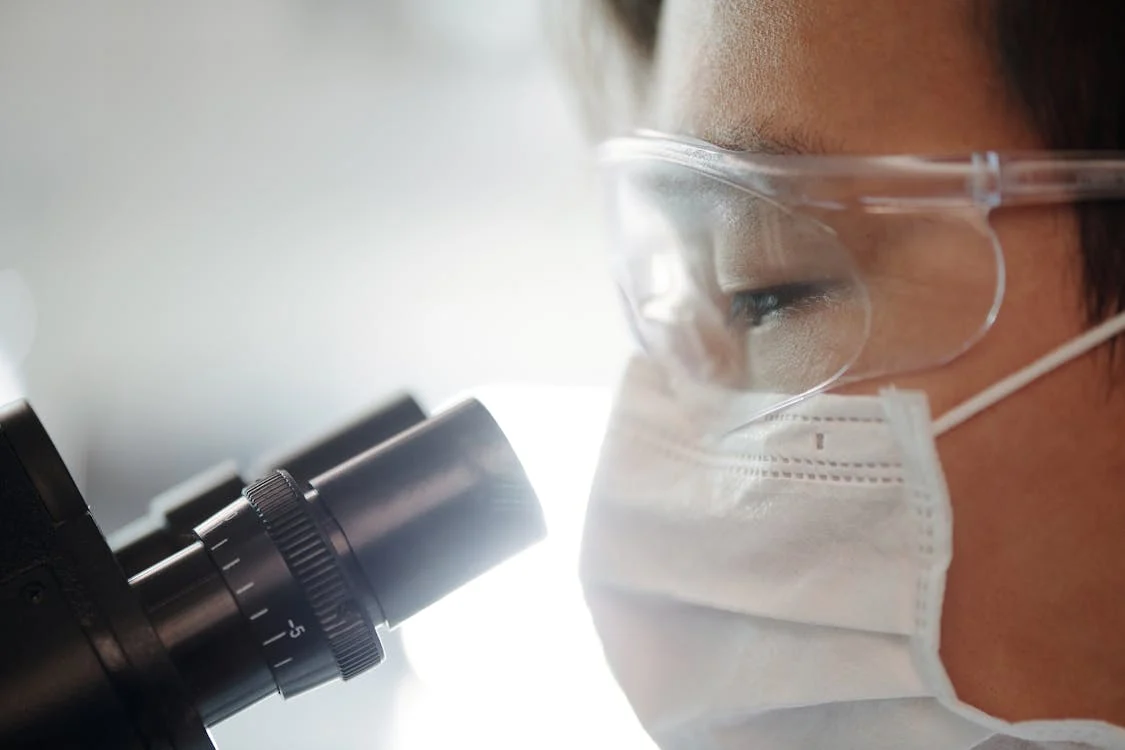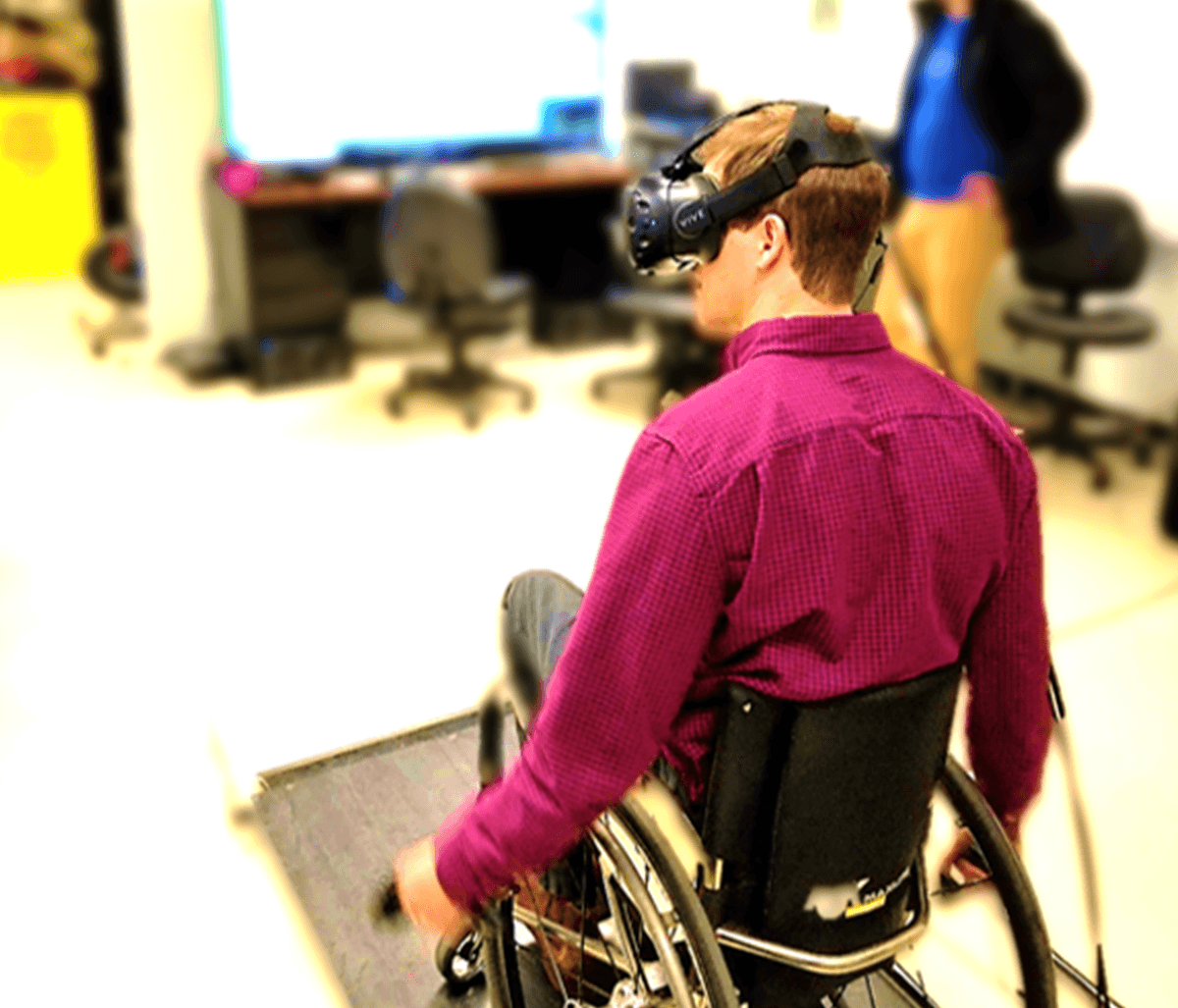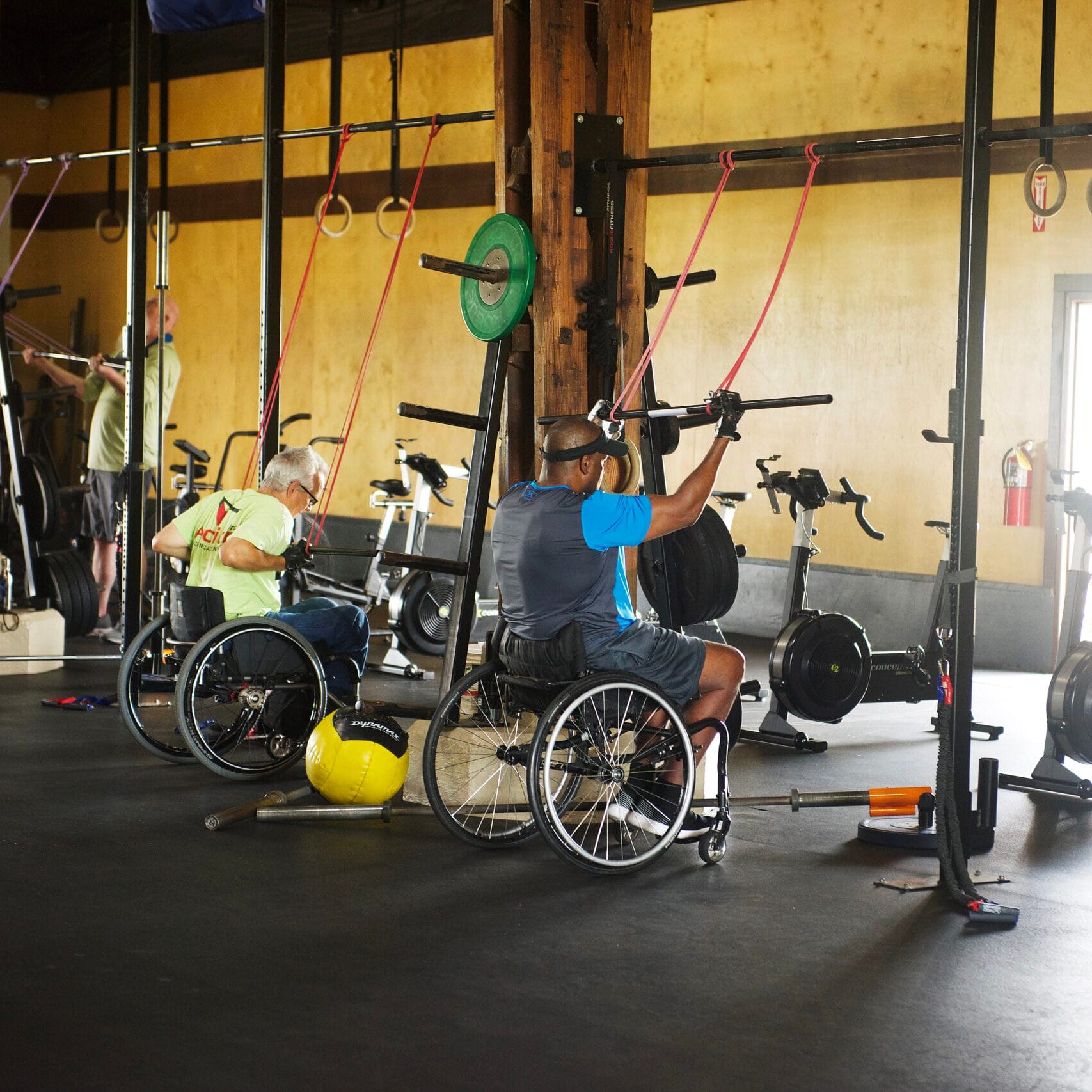
Research. It is a slow and tricky business. It creates a lot of hope. But, it also creates a lot of hype that too often exceeds realistic hope.
My first week as a PhD student, my supervisor appeared on national television news regarding some interesting advancements in the understanding of SCI and regeneration. When asked when there might be a cure, he responded that there could be on in 5-10 years. Wow! Did I ever pick the right time to join this lab and the field of SCI regeneration research. That was almost exactly 20 years ago.
Unfortunately, nothing being tested or developed today represents a cure. That’s not to say there hasn’t been progress. There has been plenty. Some of it is making a difference in the lives of people with SCI every day. Think of the advancements in rehabilitation to maximize potential, in assistive technologies that allow for more inclusion and participation, be it in the workplace, at home or in recreational and leisurely pursuits.
Despite the hype, there is still nothing out there right now that will allow someone with a spinal cord injury to repair or regenerate their spinal cord and totally cure their condition. Science and medicine do not have the tools to reverse spinal cord injury and allow those who do not have enough spared tissue to walk again. They do not have the tools to eliminate chronic pain, to completely restore bowel and bladder function, or to fully regain sensation (sexual and other). Maybe someday – but not today, and likely, not tomorrow.
The focus of the hype shifts as science makes new discoveries. Lately, the hype has been dominated by stem cells, seemingly the answer to everything. Unlike many other discoveries over the past two decades, stem cells have maintained the hype longer than others. I think back to 10 years ago, when I had finished by PhD in SCI research and had become Managing Director of ICORD, the world’s largest SCI research centre. One of the first things I was asked to do was to present a frank and honest account of the state of SCI research at the SCI BC’s Annual SCI Forum. SCI BC and GF Strong-staffed committee asked me to balance the hype-filled hope research was generating with the realities of the state of current research. Why? Because, I was told, people with SCI believed a cure (particularly stem cells) was just around the corner, and thus, they were not bothering to do rehab or to find ways to maximize their potential and learn to get the most out of their lives. They were in a holding pattern waiting for the cure.
Time has proven the need for cautious interpretation of scientific advancements, particularly when it comes to a cure for SCI. The research community is incredibly passionate and continues to make important advancements in all aspects of SCI – some that will make a difference today, and some that are small steps toward treatments in the future.
Our Spring issue of The Spin includes a feature on stem cell research and stem cell tourism. This issue of The Spin will be available online for free on April 2.
In the meantime, take our online poll, which asks if you would travel abroad for stem cell treatment. Click here to go to the SCI-BC home page, where the online poll can be found.



